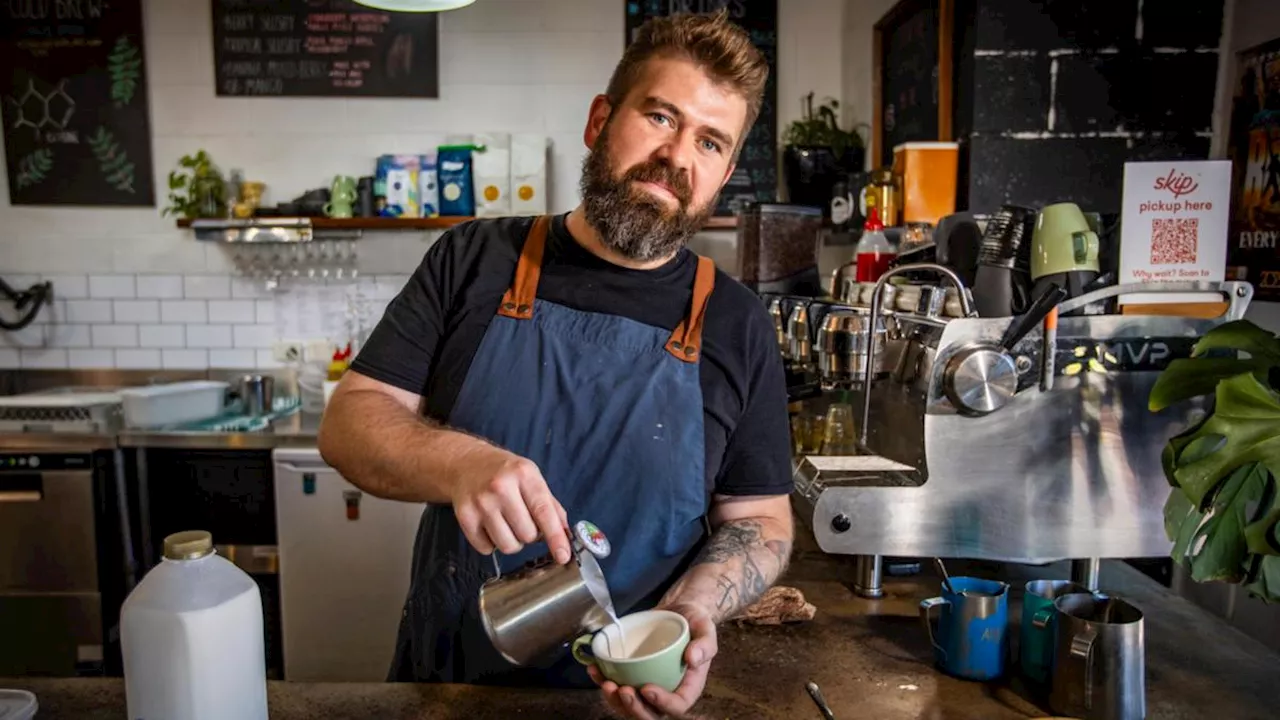The cost of a cup of coffee in Western Australia is on the rise, with cafes struggling to cope with increased expenses for power, rent, and coffee beans. This has led to some young Australians opting for cheaper alternatives like canned coffee. Industry experts predict that the price of a cup of coffee could reach $10-$12 by the end of the year, forcing cafes to make difficult choices and customers to adjust their spending habits.
Young Western Australians are already choosing cheaper alternatives to takeaway coffee as cafes grapple with rising overhead costs. Industry experts predict the price of a cup of coffee could reach $10-$12 by the end of the year. Cafes are facing a combination of increased expenses, including power, rent, and coffee bean prices. Daniel Ash, owner of Osborne Park's Micrology Coffee Roasters, said the cost of beans has doubled in the past three years.
He explained that their business is affected both as a roaster selling beans to cafes and as a cafe operator. Ash noted the challenge of passing on these increased costs to consumers while remaining competitive. He anticipates an average cup of coffee will cost $6 to $6.50 by year-end, a slight increase from current prices. While acknowledging that the current price may be undervalued, Ash believes it's a delicate balancing act.Earlier this month, Todd Hiscock, CEO of Essential Coffee NZ and Australia, stated that demand for coffee beans outstrips supply, which he predicts will drive prices significantly higher. He argued that coffee is currently priced up to 50% below its true value and anticipates a price increase to $10-$12 per cup within the next year. Hiscock also warned that 30% of Queensland's cafes might be forced to close due to the soaring cost of beans. Meanwhile, cafes like Oxford Yard are experiencing modest price increases. Manager Bradley Tregenzo acknowledges the difficulty of balancing customer affordability with rising costs. They have absorbed increased expenses for an extended period before raising prices by a small margin. Oxford Yard offers a regular flat white for $4.20, a 20-cent increase over the past two years. Tregenzo emphasizes their efforts to keep prices reasonable, especially during the holiday season when customers may be facing financial constraints. They adjust staffing schedules during quieter periods to manage costs. However, rising prices are already prompting some customers to seek more affordable alternatives. Kai Tobey, who usually orders iced long blacks or cappuccinos, has switched to canned coffee due to its lower cost and convenience. He believes $10 for a coffee is excessive and advocates for lower prices, especially considering the high demand for coffee in the workplace. Other customers, like Maddy Booth, express a willingness to pay up to $7 for a coffee, but not more. Sophie Richards, originally from France, has observed significant price increases and suggests a maximum price of $4.50-$5. She criticizes the rising cost of everything, not just coffee.The potential price hikes have also attracted attention from politicians. Federal Agriculture Minister Murray Watt attributes the rising coffee prices to global supply pressures and the increasing cost of coffee beans worldwide. Conversely, Nationals MP Barnaby Joyce blames higher energy prices for the price surge, suggesting it's a consequence of reliance on intermittent energy sources.
Food And Beverage Economy COFFEE PRICES AUSTRALIA WESTERN AUSTRALIA INDUSTRY COSTS CONSUMERS CANCELED COFFEE
Australia Latest News, Australia Headlines
Similar News:You can also read news stories similar to this one that we have collected from other news sources.
 One in 20 Australians are LGBTI+ with rate higher among young peopleAdvocates say the landmark ABS findings show LGBTI+ people are a substantial part of Australian society
One in 20 Australians are LGBTI+ with rate higher among young peopleAdvocates say the landmark ABS findings show LGBTI+ people are a substantial part of Australian society
Read more »
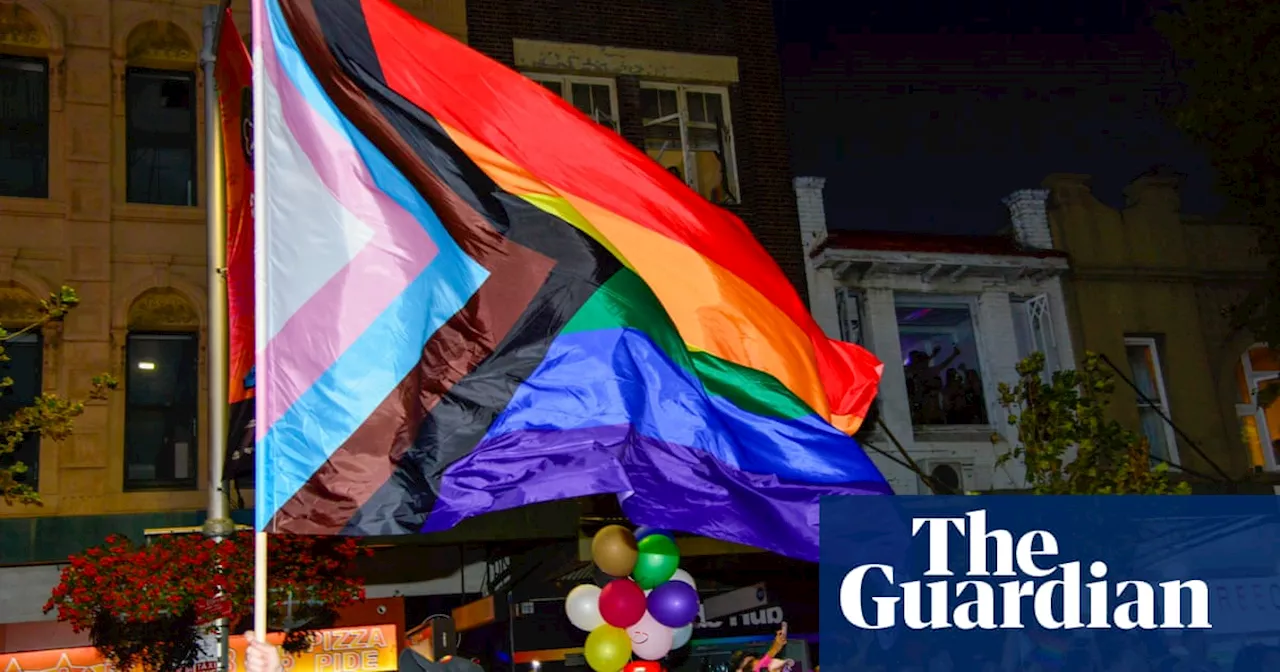 ‘Generational change’: why more young Australians are identifying as LGBTQ+‘I think we’re just getting a real reflection because people finally feel comfortable to express that,’ campaigner says
‘Generational change’: why more young Australians are identifying as LGBTQ+‘I think we’re just getting a real reflection because people finally feel comfortable to express that,’ campaigner says
Read more »
 Young Australians Embrace Generative AI in WorkplaceA new study reveals that 58% of Gen Z Australians are already using AI tools like ChatGPT at work, with nearly all expressing no concern about job displacement. Despite known risks such as 'hallucinations' and security concerns, young workers are enthusiastically adopting these technologies. Experts emphasize the importance for businesses to implement guidelines and training to ensure responsible and effective use of AI.
Young Australians Embrace Generative AI in WorkplaceA new study reveals that 58% of Gen Z Australians are already using AI tools like ChatGPT at work, with nearly all expressing no concern about job displacement. Despite known risks such as 'hallucinations' and security concerns, young workers are enthusiastically adopting these technologies. Experts emphasize the importance for businesses to implement guidelines and training to ensure responsible and effective use of AI.
Read more »
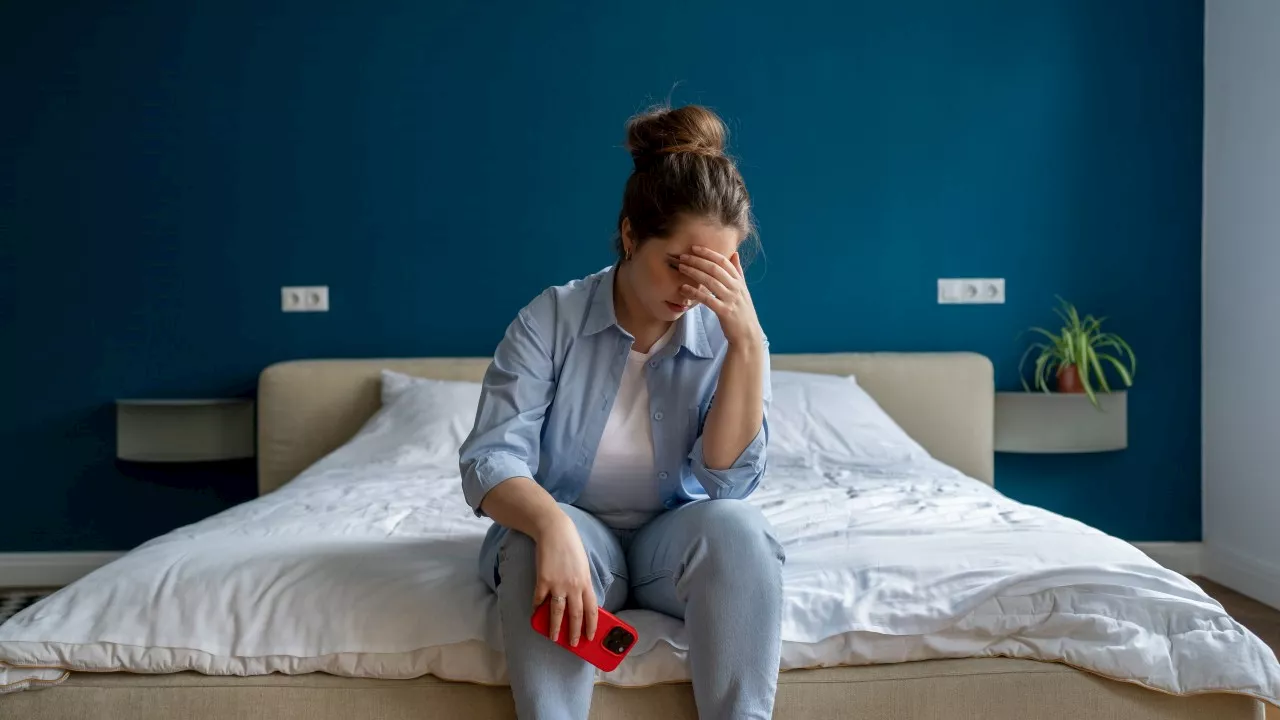 Young Australians Face Bleak Housing Prospects, See Renting as Lifelong RealityA new survey reveals that over a third of young Australians believe they will never be able to afford to buy a home, with soaring housing costs and limited buying power pushing them towards a life of renting.
Young Australians Face Bleak Housing Prospects, See Renting as Lifelong RealityA new survey reveals that over a third of young Australians believe they will never be able to afford to buy a home, with soaring housing costs and limited buying power pushing them towards a life of renting.
Read more »
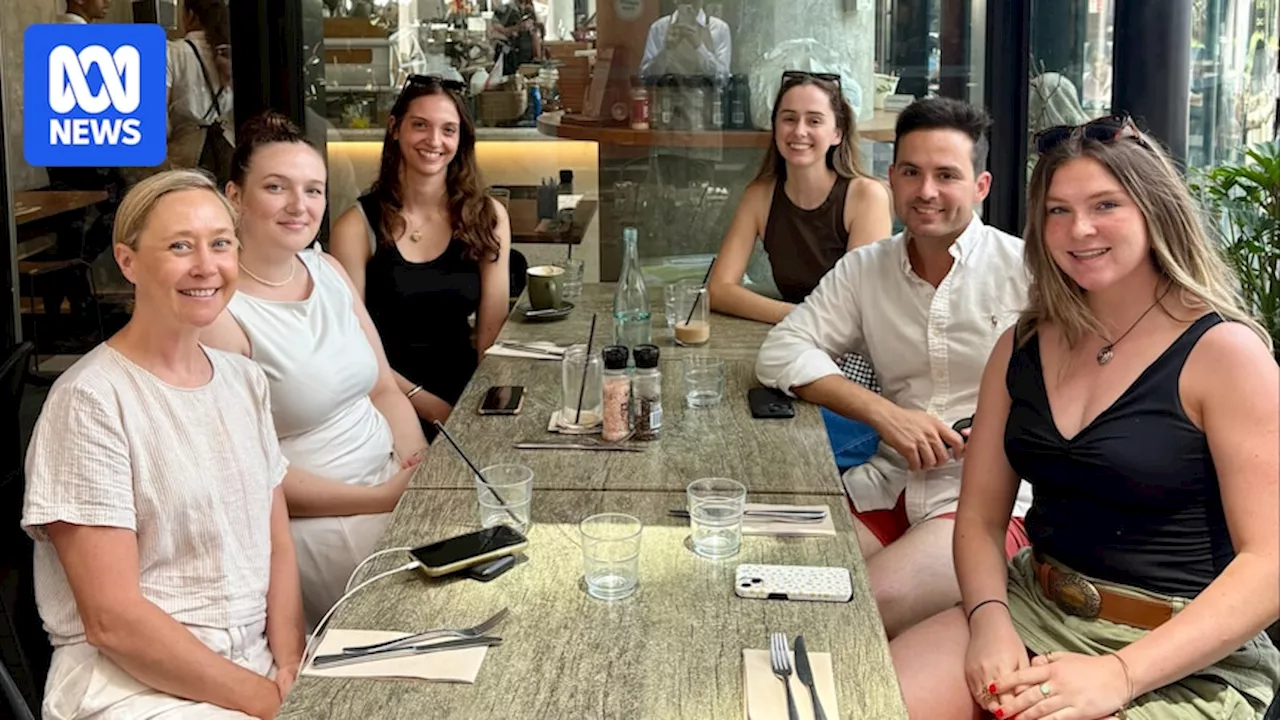 Young Australians Find Support in Dementia Care GroupA 21-year-old woman, Emily Hausman, started a support group for young Australians caring for loved ones with dementia after struggling to find resources for her own situation. The group, facilitated with the help of Dr. Katya Numbers from the Centre for Healthy Brain Ageing, provides a space for young carers to share their experiences and receive support.
Young Australians Find Support in Dementia Care GroupA 21-year-old woman, Emily Hausman, started a support group for young Australians caring for loved ones with dementia after struggling to find resources for her own situation. The group, facilitated with the help of Dr. Katya Numbers from the Centre for Healthy Brain Ageing, provides a space for young carers to share their experiences and receive support.
Read more »
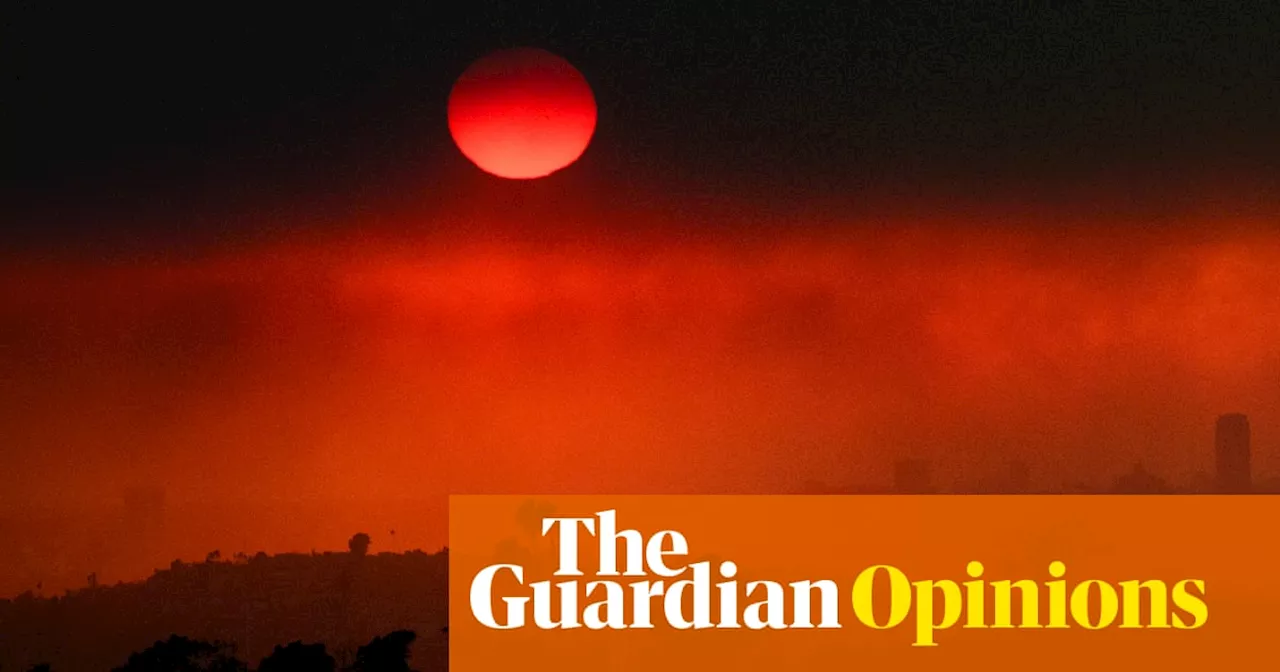 The Disillusioned Generation: Why Young Australians Feel Trapped in a Broken SystemAnjali Sharma, a young climate activist, shares her experience of disillusionment with the political system, arguing that young people feel unheard and ignored in the face of climate change and other critical issues.
The Disillusioned Generation: Why Young Australians Feel Trapped in a Broken SystemAnjali Sharma, a young climate activist, shares her experience of disillusionment with the political system, arguing that young people feel unheard and ignored in the face of climate change and other critical issues.
Read more »
